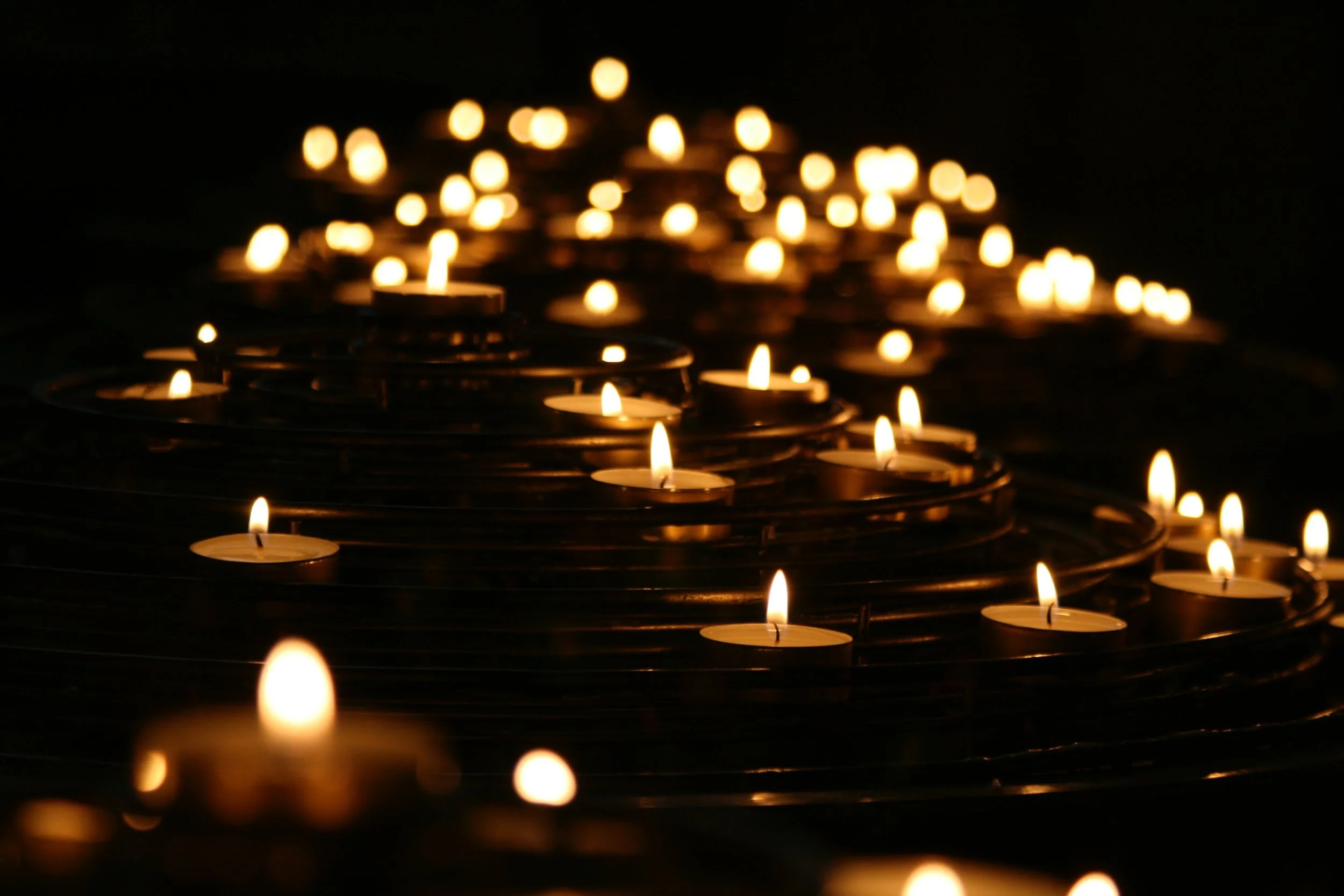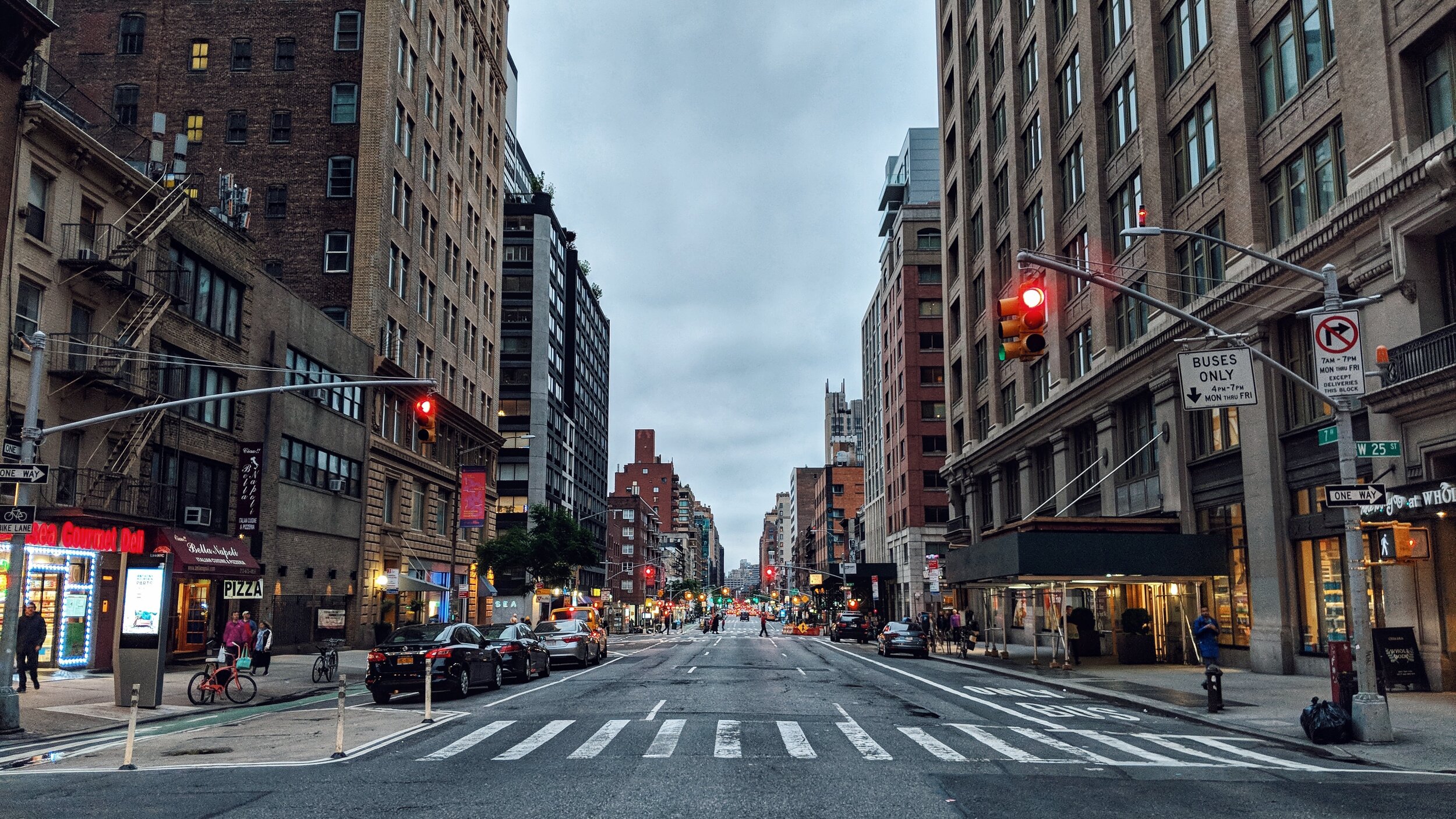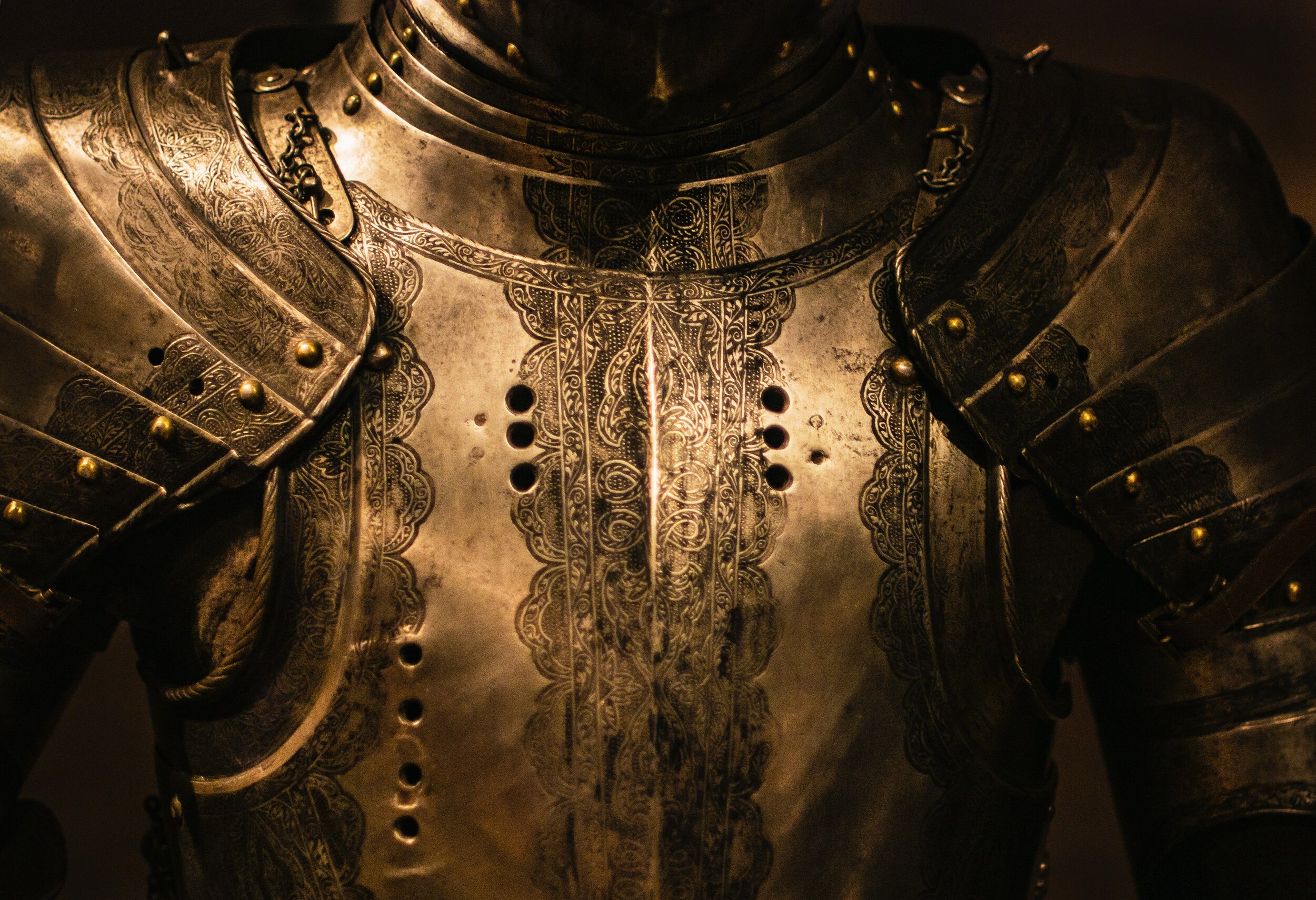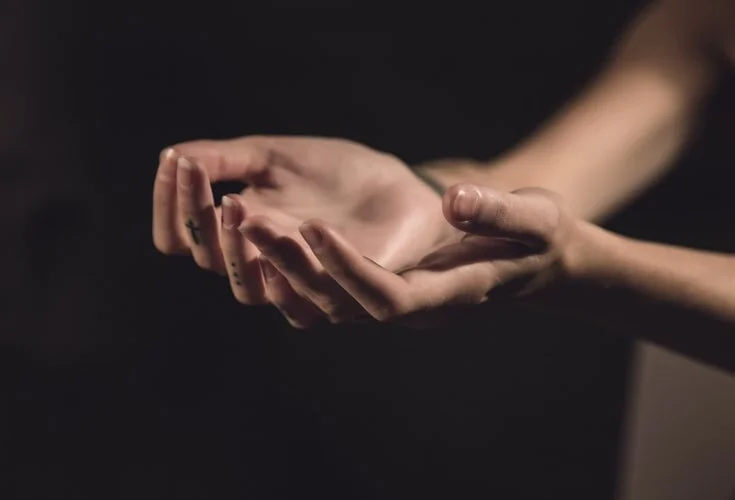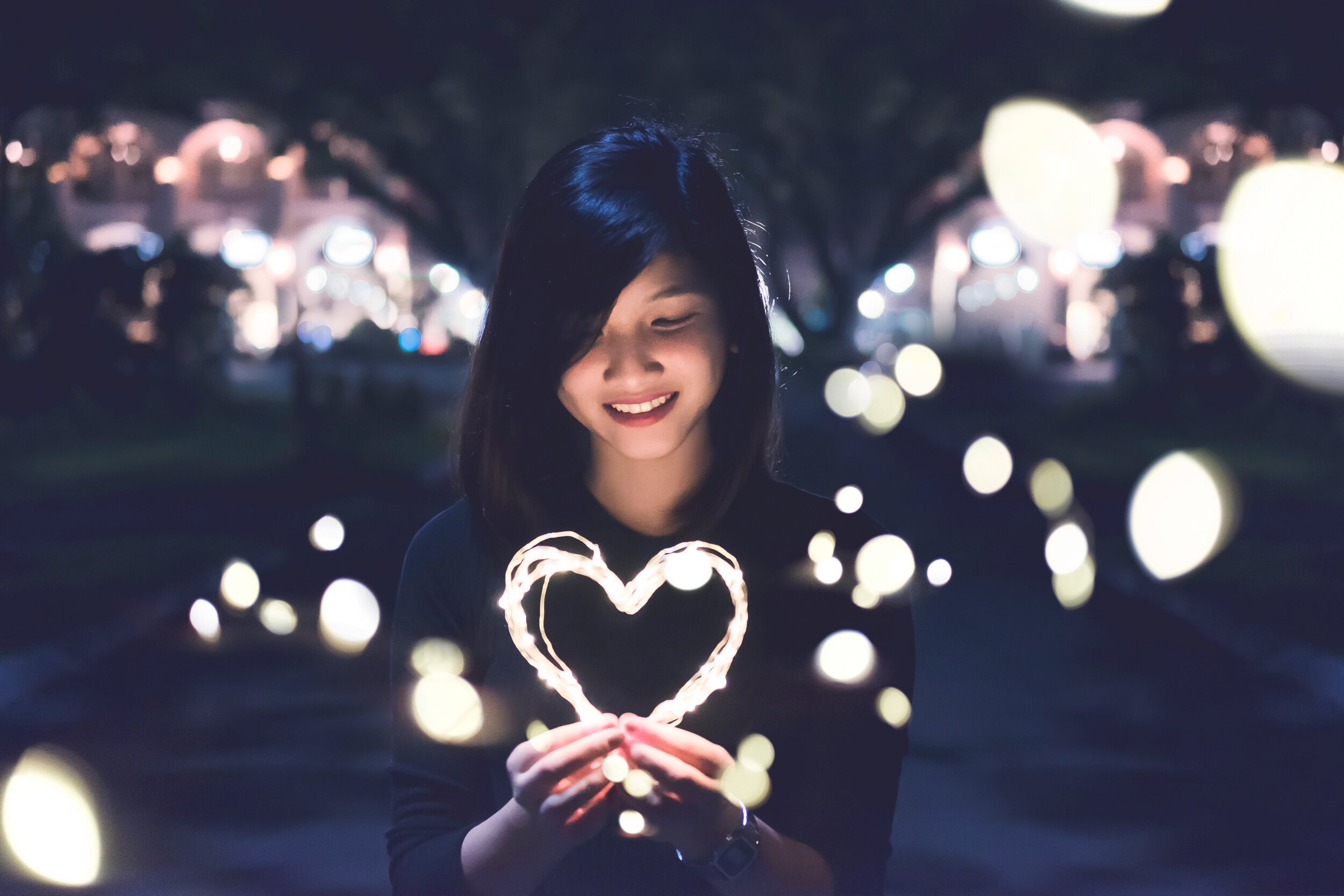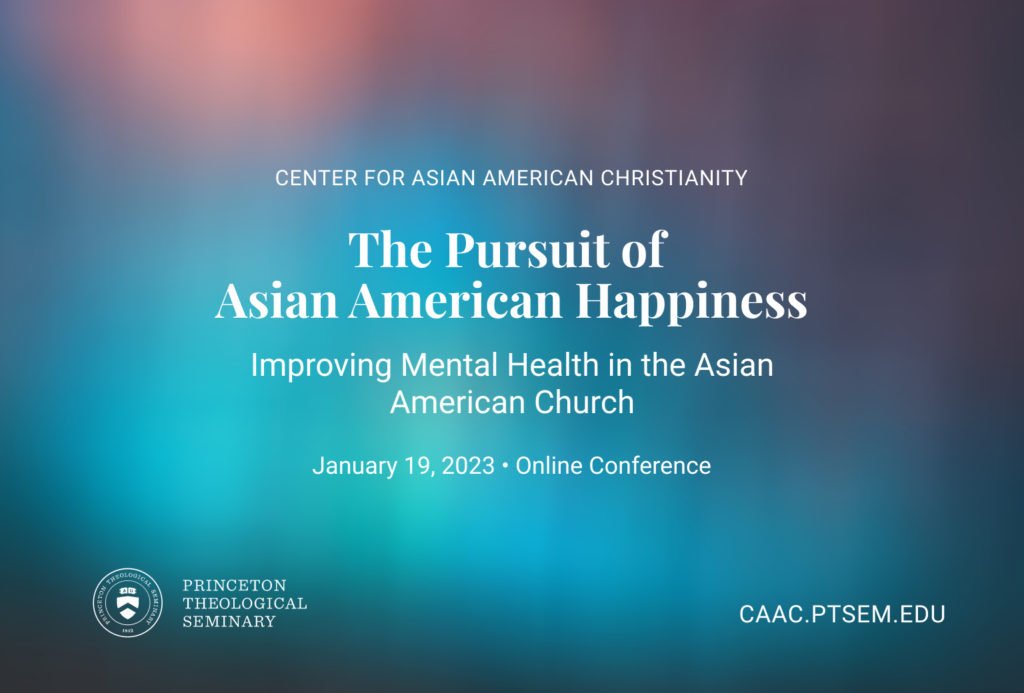Faith & Theology
Featured
We all have losses that have shaped us, from losing something we loved to lacking something (or someone) we needed. Only by taking the time to witness, name, and hold our Grief, can we find the strength to release it to grow into something more.
From a critical-historical point of view, then, it is not enough for the Asian American church to address the Western church’s historical lack of reckoning with its social sin of colonial complicity. To become the church as it is called to be, the Asian American church should also engage in a historical reckoning of its own complicitous legacies, such as authoritarian and neoliberal complicity. If the Asian American church honestly acknowledges that there is a historical and genealogical linkage between its original root in Asia and its present status in the US, it can begin to see more clearly what it should do to create and develop its distinctive political theology.
So then, can I, as an Asian American, trust Scripture? According to the wonderful contributors of The New Testament in Color, the answer to that question is “Yes!” Yet, not only I as an Asian American can trust Scripture, so too can African Americans, Hispanic Americans, Native Americans, and others.
We celebrate this Advent, the birth of your son Jesus, and we also look forward to the 2nd Advent, the day when you will come again to make all things right, and to complete your Kingdom. Until then we ask for the strength of your Holy Spirit to help us to keep your commands, to live in truth, to do justice, to love kindness, and to walk humbly with you.
All of us are invited, even called, by God to make Jesus our hope. None of us are more worthy or less worthy to encounter God today. There’s no chart with God that puts some of us closer and some of us farther away. We’re all on the same ground. So, whoever you are, wherever you’ve been, welcome. God’s Spirit is here. Let’s meet him.
Today is the second Sunday of the Christian season of Advent. Advent means “coming” or “arrival.” We celebrate two advents of Christ during this season – and, really, every day.
Prayer & lament
We all have losses that have shaped us, from losing something we loved to lacking something (or someone) we needed. Only by taking the time to witness, name, and hold our Grief, can we find the strength to release it to grow into something more.
And one year later, I find myself also holding 제사 for these women who were killed—I did not know them personally, but they were my ummas, my imos, my sisters. I want to remember them and I want them to be remembered—not for how their life on earth came to an end, but for how they lived.
When I began to fully lament the ways that my own Asian identity had been minimized... I was met with the God that cries out for injustice too.
A meditation on who God is in the midst of our deepest grief.
AACC staff members share their prayers for this consequential day. May you and your community be centered in the Father’s love and peace today and in the days to come.
As we near a critical election, now is the time for the church to act—through prayer, fasting, and repentance.
Most faith traditions have failed to teach us how to lament. Now is an opportunity for us to center our communal grief.
How one church community is actively fighting racism through prayer, lament, awareness, and relationship building.
This virus knows no geographical boundaries, and is no respecter of persons or identities. In the face of this pandemic, may we find shelter in the generous mercy and love of God our Savior and Deliverer.
Like many of you, we dropped to our knees during the darkest hours of the night and cried out to the Lord. When our hearts were finally stilled, the word we heard like a whisper was “push in prayer.”
Theology
From a critical-historical point of view, then, it is not enough for the Asian American church to address the Western church’s historical lack of reckoning with its social sin of colonial complicity. To become the church as it is called to be, the Asian American church should also engage in a historical reckoning of its own complicitous legacies, such as authoritarian and neoliberal complicity. If the Asian American church honestly acknowledges that there is a historical and genealogical linkage between its original root in Asia and its present status in the US, it can begin to see more clearly what it should do to create and develop its distinctive political theology.
So then, can I, as an Asian American, trust Scripture? According to the wonderful contributors of The New Testament in Color, the answer to that question is “Yes!” Yet, not only I as an Asian American can trust Scripture, so too can African Americans, Hispanic Americans, Native Americans, and others.
The God of Advent is not a God of wealth, privilege, or status. The God of Advent is lowly–identifying with a forsaken place of our world.
What if the problem is not our perceived foreignness at all, but our perpetual propensity to play the game? Maybe the way out of this perception is not ultimate economic empowerment, but a transfigured desire that perpetuates the possibility inherent in the empty space of Advent.
In “The Need for Asian American Theological Scholarship,” Chiwon Kim highlights how the domination of white male voices has shaped what has been accepted as “conventional theology.”
Even if God's goodness to me didn't look the way that I thought it should, I'm going to worship him because he's worthy of worship.
The Bible has always showed me that I don’t necessarily need to adhere to the patriarchal structure of society and it was the Bible that helped me understand my value as a woman.
The biblical story of David and Goliath has helped me to contextualize much of my life as a Japanese American: I’ve tried to convince myself that I could make someone else’s “armor” fit.
So much of our experience as Asian Americans is the constant struggle to honor our own culture and experiences while being good citizens without losing what makes us unique.
While Asian Americans may not fit neatly into the white-Black binary, we are not excluded from reckoning with the racial history of this country...Through remembrance, we take ownership of our history - even if none of us were there.
Today’s seminaries face the necessary task of de-centering white theology and scholarship and moving toward a holistic multicultural Christianity.
Even as we are called to fight the good fight, Christ’s constant invitation to us is to surrender, to rest, and to be still.
Our minds matter, so do our bodies. Offering our bodies in view of God's mercy is a step that the church cannot afford to neglect.
The fullness of Immanuel, God with us, encompassed a physical body and a rich cultural background. This season, let’s worship all of who Jesus was.
The AACC recorded ‘The Blessing’ to remind us how interconnected we are in the kingdom of God.
A poem celebrating the divinely inspired diversity among us.
How could the “model minority” suddenly become the target of such violence? For others, it comes as no surprise, as they have always recognized the precarious nature of our racial status.
Church & practice
From a critical-historical point of view, then, it is not enough for the Asian American church to address the Western church’s historical lack of reckoning with its social sin of colonial complicity. To become the church as it is called to be, the Asian American church should also engage in a historical reckoning of its own complicitous legacies, such as authoritarian and neoliberal complicity. If the Asian American church honestly acknowledges that there is a historical and genealogical linkage between its original root in Asia and its present status in the US, it can begin to see more clearly what it should do to create and develop its distinctive political theology.
And one year later, I find myself also holding 제사 for these women who were killed—I did not know them personally, but they were my ummas, my imos, my sisters. I want to remember them and I want them to be remembered—not for how their life on earth came to an end, but for how they lived.
The starting point of healing is to be mindful of our wounds… and what these wounds have cost us.
Anti-Asian attacks have been skyrocketing at an alarming rate since the start of the pandemic. Yet there has been a gaping void of evangelical voices publicly speaking up to defend their Asian American brothers and sisters.
As a Biden-Harris administration begins, Asian American Christians must continue the faithful work of love and justice across all society’s spheres.
As we come to terms with America’s sins, Christians on the margins can lead us toward healing.
I was taught that getting into trouble was always a bad thing. Rep. John Lewis showed me otherwise.
America’s many sins make the Fourth of July a complicated holiday. But we can find hope and freedom in our kingdom citizenship.
Mental health
We all have losses that have shaped us, from losing something we loved to lacking something (or someone) we needed. Only by taking the time to witness, name, and hold our Grief, can we find the strength to release it to grow into something more.
The compounded stress, physical strain, lack of self-monitoring, and dearth of healthy Christian friendships finally imploded on me. I could no longer sleep. Like a jammed switch continually set to “on,” my brain refused to shut down. For five months, it seemed all I could do was lie down at night and stare at the ceiling.
On this episode of the Erasing Shame podcast, Dr. David Chao shares about the pioneering work of the Center of Asian American Christianity at Princeton Theological Seminary that's paving the way for Asian Americans to more fully experience the abundant life.
While I don’t believe that God causes sickness, including mental illness, I believe He can redeem anything. What the enemy meant for evil, God uses for good.
In the middle of the mess, we can look to God in lament. We can draw close to the Father.
Losing my father has taught me the value of grief and allowing people the space to fully process their emotions, just as Jesus did.
The Chinese American author discusses how fully embracing the reality of our embodiment, with all its hurts and vulnerabilities, can bring us closer to Christ.
During this time of racial reckoning, we each have our own work to do.







